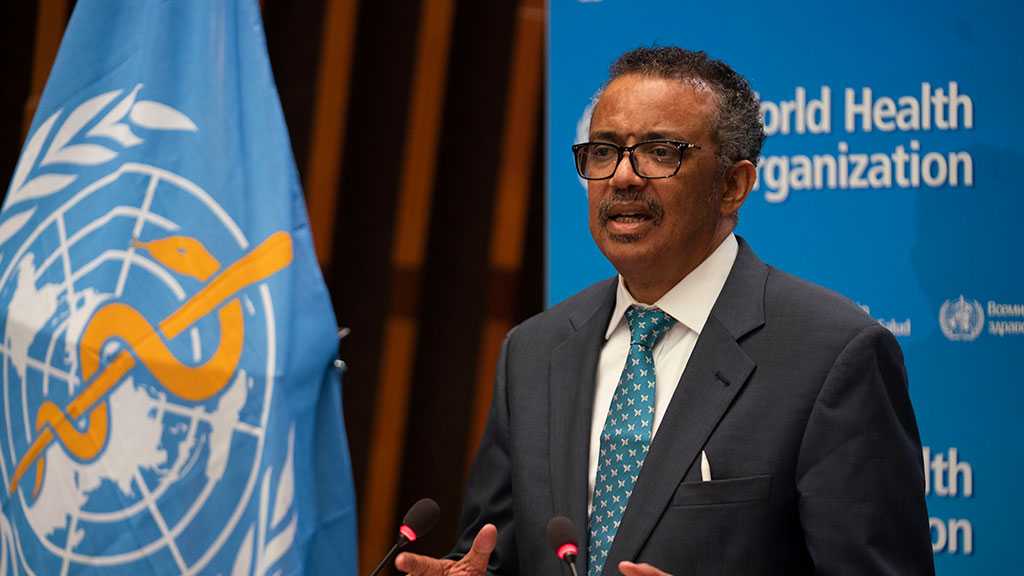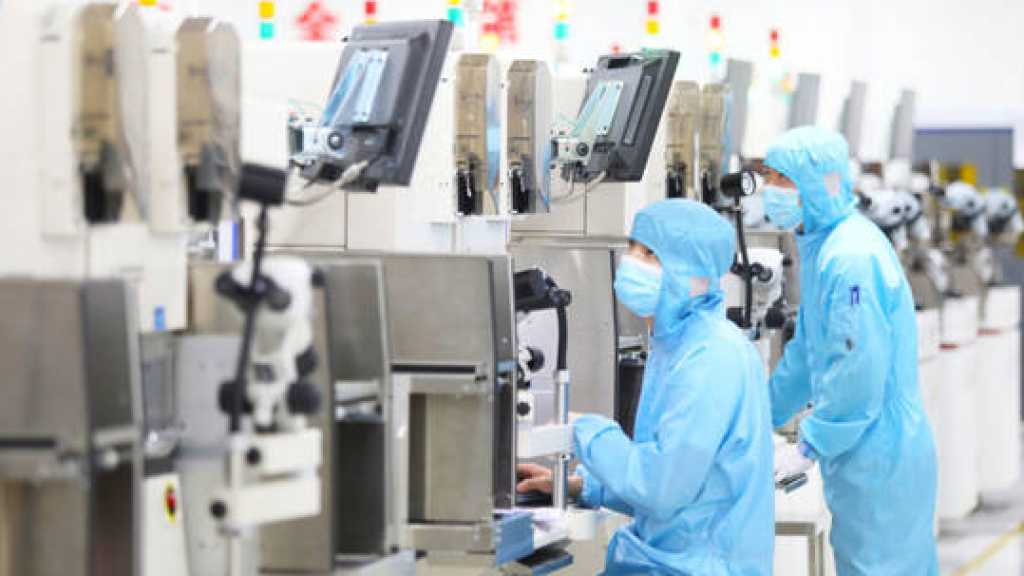Inequitable Vaccination Threats All Nations Not Just Those with The Fewest Vaccines – WHO Warns

By Staff, Agencies
The World Health Organization [WHO] Director-General Dr. Tedros Ghebreyesus said high-income countries have administered almost 44 percent of the world’s COVID-19 vaccine doses, while Low-income countries have administered just 0.4 percent and stressed that “inequitable vaccination is a threat to all nations, not just those with the fewest vaccines."
Speaking at a press conference in Geneva, Tedros said the has been encouraging signs in the trajectory of the pandemic globally, with the number of new COVID-19 cases declining for six weeks and deaths declining for five weeks in a row.
However, he said there was still a “mixed picture around the world.” He added, “The number of deaths reported last week increased in three out of WHO’s six regions: Africa, the Americas and the Western Pacific. Increasingly, we see a two-track pandemic: many countries still face an extremely dangerous situation, while some of those with the highest vaccination rates are starting to talk about ending restrictions."
Tedros said in countries with the greatest access to vaccines, there has been a decline in mortality among older age groups. In these countries, “the public health and social measures that have helped to protect people are being eased, but they must be eased cautiously, and adjusted in line with viral circulation and response capacities.” He added, “With the increased global transmission of variants of concern including the Delta variant, lifting restrictions too quickly could be disastrous for those who are not vaccinated. But many countries don’t have that option, because they don’t have enough vaccines. In these countries, the continued use of tailored public health measures is the best way to suppress transmission."
He also stressed that the inequitable distribution of vaccines has allowed the virus to continue spreading, increasing the chances of a variant emerging “that renders vaccines less effective.”
“Six months since the first vaccines were administered, high-income countries have administered almost 44 percent of the world’s doses. Low-income countries have administered just 0.4 percent. The most frustrating thing about this statistic is that it hasn’t changed in months. Inequitable vaccination is a threat to all nations, not just those with the fewest vaccines.”
Comments
- Related News




